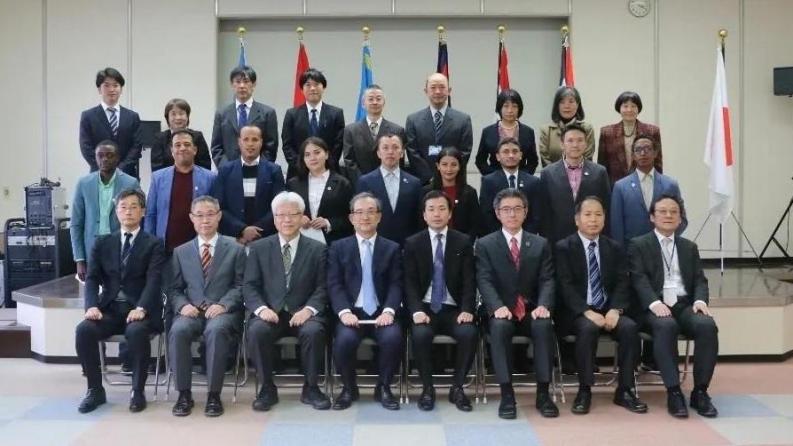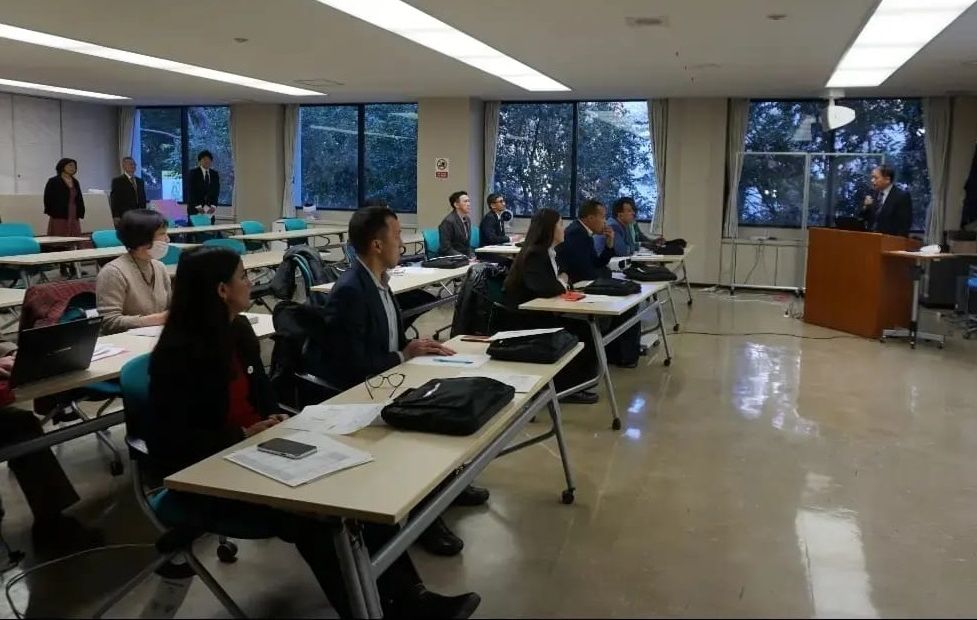Satbayev University’s young seismologists are undergoing short-term training at International Institute of Seismic Engineering and Seismology (Japan)

At the invitation of Japan International Cooperation Agency (JICA), doctoral student Assem Issagali and PhD doctor Abylai Uzbekov of Geophysics and Seismology Department from January 8 to March 2, 2024 are studying under "Clobal Seismological Observation" program at International Institute of Seismology and Seismic Engineering (IISEE - International Institute of Seismology and Earthquake Engineering, Japan). Our young scientists are sent to study at RK Geophysical Research Institute.
The course takes place in the Japanese city of Tsukuba, scientists deepen their knowledge in the field of basic fundamentals of seismology and methods of observing seismic activity, acquire knowledge about advanced methods of global seismological observation.
Clobal Seismological Observation program was created at the initiative of Japanese Ministry of Foreign Affairs in 1995, when IISEE, together with Japan International Cooperation Agency (JICA), launched a training course on global seismological observations as part of Japan's contribution to creating International Monitoring System (IMS) to monitor compliance with Comprehensive Nuclear Test Ban Treaty.
IISEE makes great efforts to develop human resources, specialists who, with the help of Japanese teachers, acquire the skills necessary to detect nuclear tests using seismic observations, as well as master data analysis methods necessary to identify nuclear tests in support of CTBT using MSM station data.
The program is open to representatives from different countries. Together with our young scientists, representatives of government agencies from Central Asian countries, Egypt, Nepal, the Republic of Congo, and Thailand are being trained.
According to our young scientists, participation in the given program enriches their experience not only in the field of seismology, but also in international communication and cooperation. Japan provides a unique platform for sharing the knowledge and experience with colleagues from different countries.
There are a lot of impressions and emotions from staying in Tsukuba. Japan is a different world. They have multidimensional approaches and views on life. People are ready to help and I am glad about it, - said one of the participants of the program.
Outside of school, our young scientists immerse themselves in the unique culture of Japan, rich in history and cultural heritage, traditions and technologies that harmoniously combine to create a unique technical society of innovative transport systems, neural networks, artificial intelligence and digital solutions. Japan has successfully integrated modern technology into various spheres of life, while preserving the traditional crafts and ceremonies.











